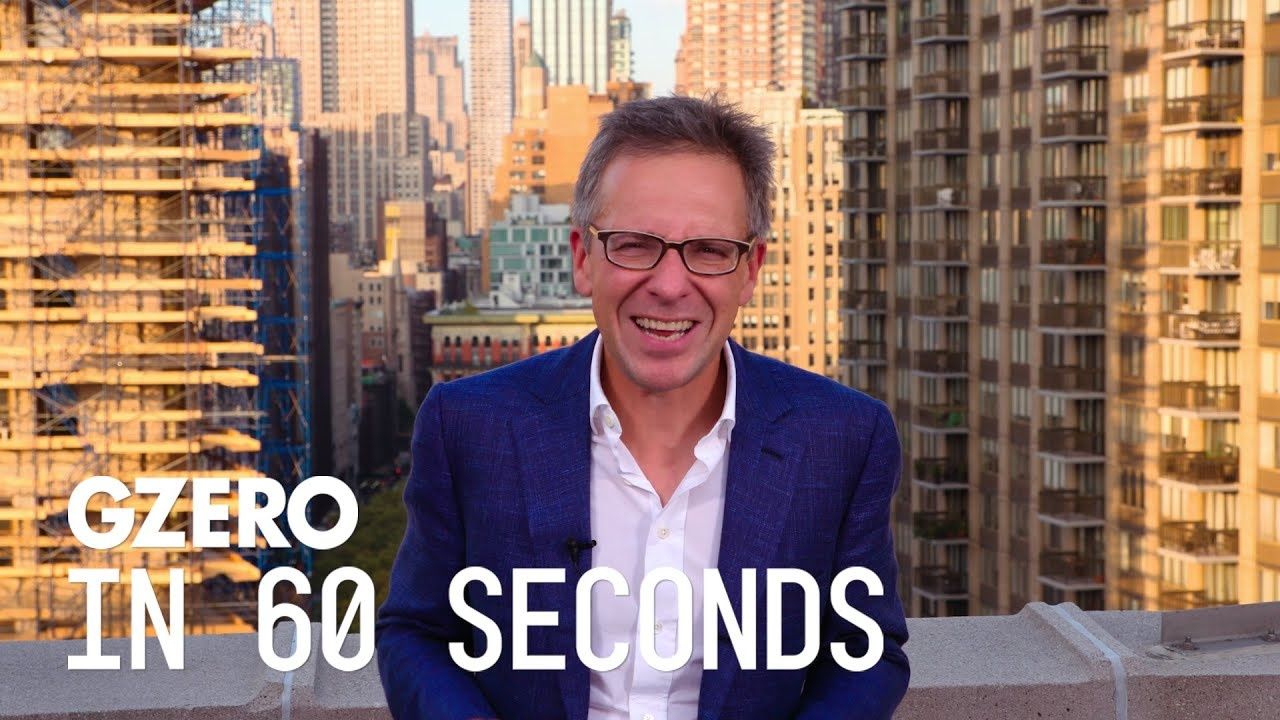
Do U.S. troops need to be in Saudi Arabia?
I mean need is a hard word, they're doing a lot of work. But certainly after the attacks on Saudi oil processing, taking half of their oil off the market, they wanted some form of show that the United States are supporting them. And they are, by the way, the world's largest purchasers of American defense equipment. So I'm not at all surprised that the U.S. wanted to provide some level of support, threatening the Iranians: "don't do this again we're gonna hit you back." But Trump wants to avoid a war. On balance, I think this was the right decision to make. Keep in mind though, they will be seen as a target.
Are India and Pakistan on the brink of war?
I'm gonna say no. We're not going farther with that.
Will the protests against Egyptian President el-Sisi spread?
I think so, because they have been pushed ahead by someone who was very involved in the military sphere. Big contractors showing a lot of corruption. He's got information that no one else has. You've had big demonstrations across the country. There's been some violence and responding to them. I expect they'll expand.
What sank British tour company Thomas Cook?
Well they've gone bankrupt. But they've also left like six hundred thousand people stranded all over the world. That's a disaster. And the U.K. is going to have to do something to actually repatriate them, support them at a time when the U.K. can't get anything right. Watch for all sorts of people getting really angry, even angrier than they were before, at prime minister Boris Johnson. He kind of brings that out in people.